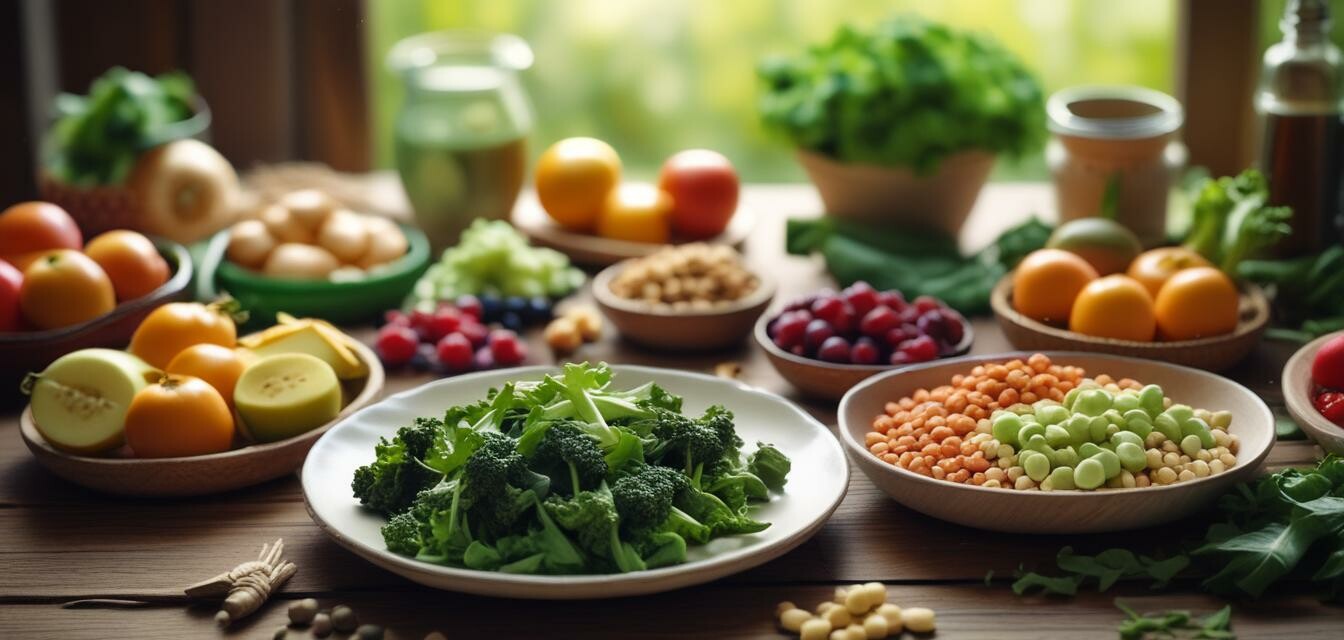
Guidelines for Pairing Prenatal Vitamins with Foods
Key Takeaways
- Pairing prenatal vitamins with the right foods can enhance nutrient absorption.
- Fat-soluble vitamins should be consumed with healthy fats.
- Timing and meal composition matter when taking prenatal vitamins.
- Hydration plays a crucial role in absorption.
- Consult with a healthcare provider for personalized advice.
Pregnancy is a beautiful journey filled with many changes, and nutrition plays a pivotal role in ensuring both the mother and baby's health. One key component of prenatal care is proper vitamin intake, especially when considering how to effectively pair prenatal vitamins with foods for optimal absorption and benefits. In this guide, we will explore how to make the most out of your prenatal vitamins by aligning them with the right foods.
Understanding Prenatal Vitamins
Prenatal vitamins are specially formulated supplements designed to fill nutritional gaps and support the health of expecting mothers. These vitamins provide essential nutrients that are crucial during pregnancy. However, the effectiveness of these vitamins can be enhanced when taken with specific foods.
Common Nutrients in Prenatal Vitamins
| Nutrient | Function | Recommended Sources |
|---|---|---|
| Folic Acid | Supports fetal brain and spine development | Leafy greens, beans, citrus fruits |
| Iron | Aids in oxygen transport and energy levels | Red meat, fish, lentils, fortified cereals |
| Calcium | Essential for fetal bone development | Dairy products, fortified plant milks, almonds |
| DHA | Supports brain and eye development | Fatty fish, flaxseeds, walnuts |
Best Pairing Practices
Pairing your prenatal vitamins with certain foods can greatly affect how well your body absorbs the nutrients. Here are some best practices to consider:
1. Pair Vitamins with Healthy Fats
Fat-soluble vitamins like A, D, E, and K are better absorbed when paired with healthy fats. Consider combining your prenatal vitamins with the following:
- Avocados
- Nuts and seeds
- Olive oil
- Fatty fish
2. Iron Boosting Combinations
Iron from your prenatal vitamins is better absorbed when taken with vitamin C. Pair your iron-rich meals with:
- Oranges
- Red bell peppers
- Strawberries
- Broccoli
3. Timing Matters
The timing of taking prenatal vitamins can also influence absorption. It's beneficial to consider:
- Taking them with meals to reduce nausea.
- Avoiding certain foods, like dairy or calcium-rich foods, when consuming iron to enhance absorption.
Foods to Avoid When Taking Prenatal Vitamins
While there are plenty of beneficial foods to include, some should be avoided or consumed separately from prenatal vitamins:
- Caffeinated beverages can interfere with iron absorption.
- Dairy products can inhibit iron absorption if taken at the same time.
- Fiber-rich foods may hinder the absorption of certain minerals.
Hydration and its Importance
Staying hydrated is crucial during pregnancy, not only for overall health but also for nutrient absorption. Make sure to:
- Drink plenty of water throughout the day.
- Incorporate hydrating foods like fruits and vegetables.
Consulting Healthcare Providers
Before starting any supplement regimen, including prenatal vitamins, it's always best to consult with a healthcare provider. They can help guide you in choosing the right vitamins and pairing them effectively with your diet for optimal results.
Pros
- Improved nutrient absorption.
- Enhanced overall health during pregnancy.
- Supports fetal development through better nutrition.
Cons
- Some foods may interact with vitamin absorption.
- Requires careful planning of meals.
Final Thoughts
Pairing prenatal vitamins with the right foods not only maximizes nutrient absorption but also contributes to a healthier pregnancy. By incorporating a variety of nutritious foods and being mindful of food pairings, expecting mothers can ensure that they are getting the full benefits of their prenatal vitamins. For more insights into maintaining a healthy diet during pregnancy, check out our Healthy Pregnancy Tips category.
